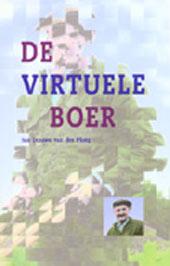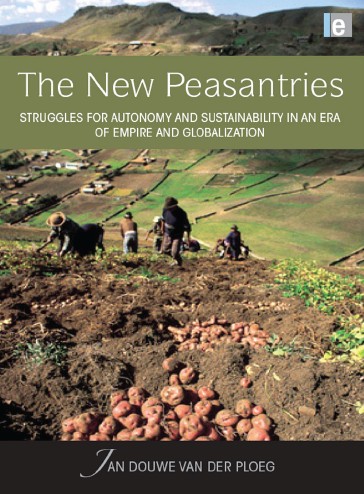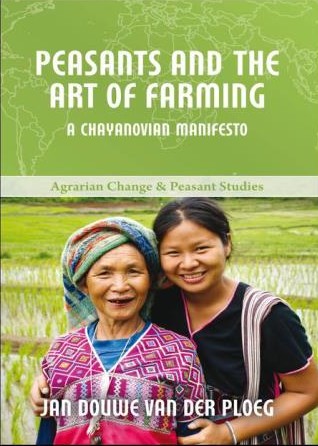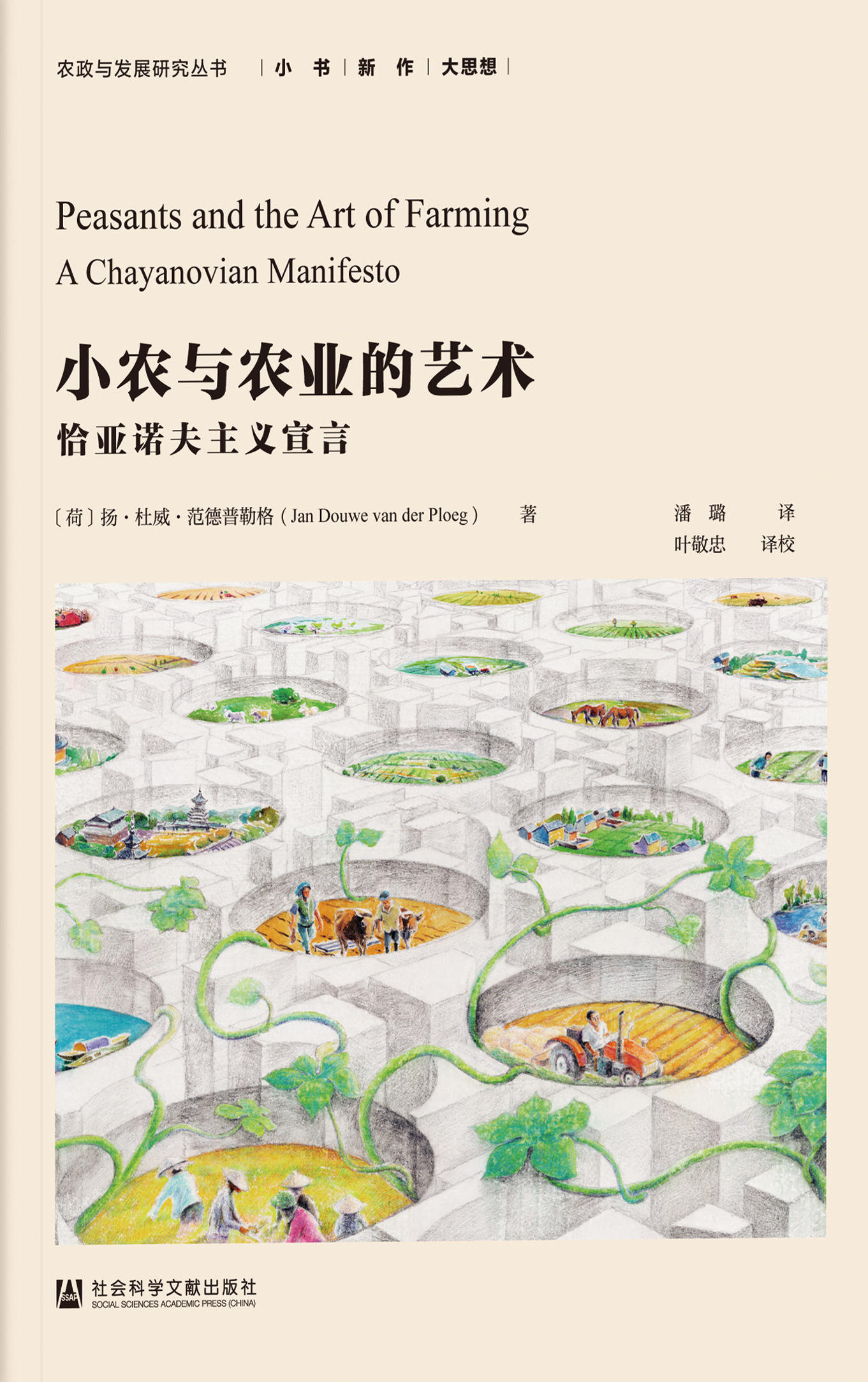Home · PUBLICATIONS · articles
THE EUROPEAN AGRICULTURAL
In this document our aim is to discuss some of the characteristics and values essential to European agriculture. It is increasingly felt, not only in the agricultural sector itself, but throughout our European society, that at least some of the central values embodied in Europe’s agriculture are under threat. The perspective of an ongoing liberalization and globalization of markets, associated with the continuing decrease in off-farm food prices has been identified as one of the major threats. We notice that current concerns regarding the future of agriculture go far beyond the ritual and routenized complaints of farmers’ lobbies. Although "the aims of the CAP, as set out in Article 39 of the Rome Treaty, do not give an absolute, permanent income guarantee to farmers, no reform effort will succeed", as Michael Tracy recently argued, "if it is seen as a frontal attack on the farm interest, particularly if it is associated with trade liberalisation which farmers particularly resent as a concession to foreign interests". If the notion of ’farm interest’ is understood here in the broader sense, that is as (potentially) including values such as high quality food, the maintenance of landscapes, natural values and biodiversity, it will become clear that right at this moment we are indeed facing a challenging problem.In this position paper of Wageningen University and Research Center we do not take a simple ’pro’ or ’contra’ position. Instead we propose to explore: (i)Whether or not there is a ’European agricultural model’2 and if so, what are the essential interests and values embodied in this model?
(ii)What exactly is at stake in the current round of WTO negotiation and with the redefinition of the common Agricultural Policy (CAP) towards a new Rural Development Policy (RDP)3, as highlighted, amongst others, in the Agenda 2000 proposals of the European Commission?
(iii)What will be the differential impact of an ongoing process of liberalization and globalization (as the presumed result of WTO and Agenda 2000 proposals) on the interests and values embedded in European agriculture. What will emerge as counterproductive effects and how can they be corrected?
(iv)More generally, we will try to reconsider the paralyzing debate on the assumed contradiction between state and market. ’More market’ does not necessarily imply ’less state’. The opposite (’more state, less market’) is also not necessarily true. In many instances the market might very well be imperfect, but is the best available mechanism for coordinating production and consumption and the associated circulation of goods and services. But a market will only function if it is institutionally embedded and regulated, being more often than not the state, the carrier, and guarantee of several of these institutions. In other words, to make markets function properly, a strong state is often crucial.
(v)Finally, we will try to explore the background to current feelings of discomfort. We will also try to develop a new research agenda that might contribute to making markets function more smoothly whilst avoiding, what Polanyi feared when he argued in ’The Great Transformation’, that "by leaving the fate of man and the land to the market would [be] tantamount to annihilating them"
read the article in pdf






NEW
Jan Douwe van der Ploeg
Formerly Professor and Chair of Rural Sociology and Emeritus professor of Transition Studies at Wageningen University (WUR), the Netherlands and Adjunct Professor of Rural Sociology at the College of Humanities and Development Studies (COHD) of China Agricultural University (CAU) in Beijing, China.
e-mail: clic here
Jan Douwe van der Ploeg
Formerly Professor and Chair of Rural Sociology and Emeritus professor of Transition Studies at Wageningen University (WUR), the Netherlands and Adjunct Professor of Rural Sociology at the College of Humanities and Development Studies (COHD) of China Agricultural University (CAU) in Beijing, China.
e-mail: clic here